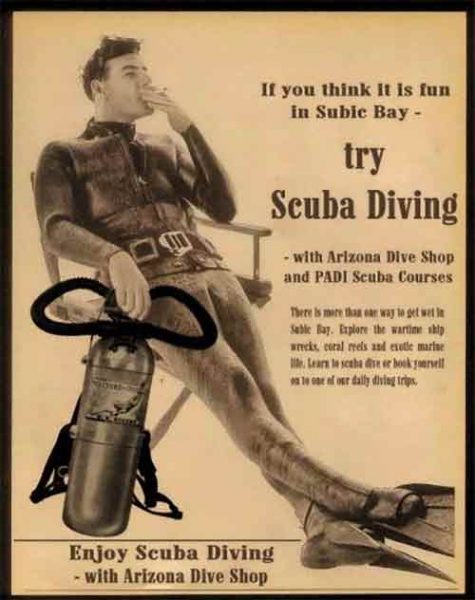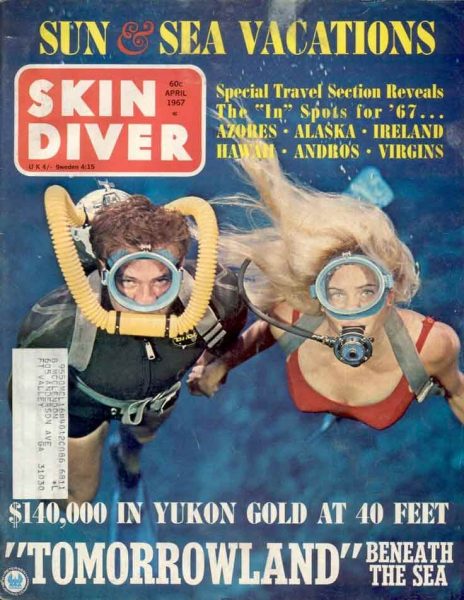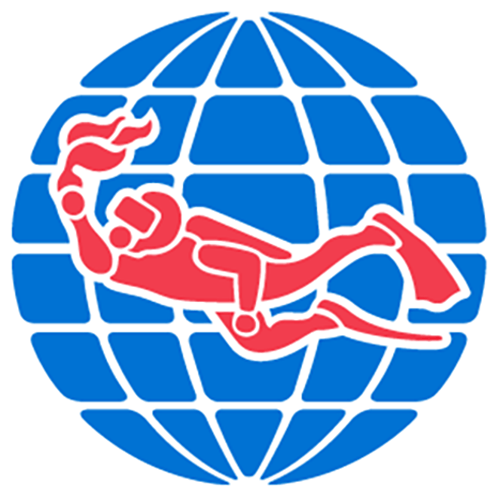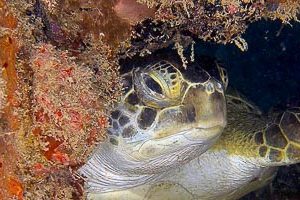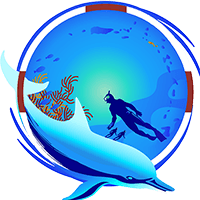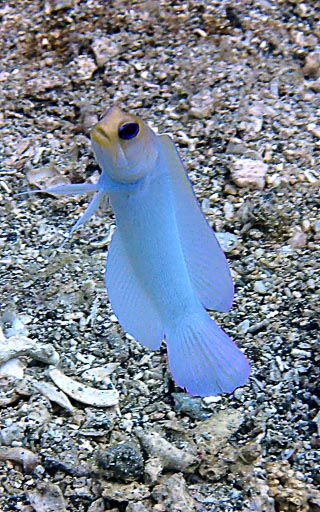The complete guide to Padi Scuba Certifications
Padi Open Water Diver:
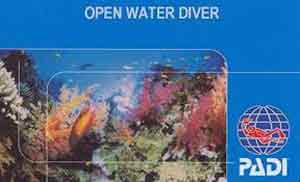
This the course everybody takes to “get their Padi”, yes, even your Instructor started off as an “Open Water Diver”
There is extensive diver knowledge study at the beginning of this course, followed by a training in shallow water of the the scuba skills you will require to be able to dive safely.
After you have mastered the safety and comfort skills in confined water you then complete 4 Open Water checkout dives progressing to a depth of 60 ft (18m).
You will need 6 – 8 hours for studying, 4 – 6 hours for pool work and the 2 days for the 4 Open Water dives.
The course however is flexible, you can complete the course with a single instructor, or you can split the course between instructors. Splitting the course is ideal if you wish to start the course at home and then complete your checkout dives on vacation.
Academic study can be completed on-line via an app making it much easier to schedule.
After successful completion of this course you are qualified to dive with a buddy, in conditions similar to those in which you trained, to a maximum depth of 60 ft (18 m). You are also the holder of the most recognized and respected Scuba Diving qualification in the world.
The Padi Open Water course is offered all over the world, standards are set by Padi and entry requirements are much the same wherever you decide to take your course.
Padi Advanced Open Water Diver:
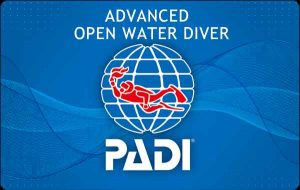
I look at this as an opportunity for divers to safely try different types of diving, to improve on the skills they learned at Padi Open Water Diver and to broaden their skill base. The Padi Advanced Open Water course, is, in my view, ” all we wanted to teach you at Open Water Diver but did not have the time.”
You can take you Padi Advanced Open Water at any time after your Open Water course, I have put together an article to help you to decide if you are ready for the Padi Advanced Open Water Course.
The Advanced Open Water course has a knowledge workbook or on-line eLearning followed by 5 Open Water Dives. There is no formal shallow water training, although I will occasionally conduct a short pool session if both myself and the student feel it is necessary.
2 dives are compulsory, Navigation and Deep. The other 3 dives are students choice and a chance to discover in more detail various different types of diving or a chance to improve skills. Some choices you will find are wreck diving, night diving, peak performance buoyancy, project aware fish identification or underwater environment courses, photography / videography, drift diving and many more depending on the area you are training in.
I try to tailor my course to the needs of the individual diver and their interests as I am sure most instructors do.
The compulsory Deep dive introduces you to diving below 60 ft (18 m), to a maximum of 100 ft (30 m) and should introduce you to the concepts of more detailed gas management and planning also the use of a Pony bottle as a back up air supply.
The Navigation dive is an extension of what you learned at Open Water and builds upon the simple navigation skills you already have. I like to complete the navigation dive early in the course and then give my students an opportunity to navigate themselves during our fun dives.
There is a section of the course entitled “thinking like a diver” which emphasizes safety checks, dive planning and all the other factors which will help you become a safer diver.
Like most courses this one can be split with different locations / instructors but personally I do not think this is a good idea, I believe the course should be structured and tailored to the student, I also feel that the whole course should be about improving my students dive standards. You need to stick with one Instructor to get the best out of this course.
Padi Rescue Diver:
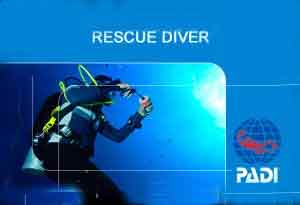
Once you have passed your Advanced Open water your next step is the Padi Rescue Diver course.
You will find this course differs greatly from any of the other courses you have taken before.
There is still a substantial academic study component, confined water training and open water training but the challenges you will face in the Padi Rescue Diver course will change your perspectives of diving and encourage you to look outside yourself and tune in more to the divers around you.
Many divers find this course the most challenging and the most rewarding course they have ever taken.
The practical skills will make you a better diver and for those scuba emergencies that cannot be prevented you will learn the skills required to respond to and assist another diver in difficulty both underwater and on the surface. Learning to develop your situational awareness and problem solving will add even more to your “skills toolbox”.
First Aid and CPR skills are a prerequisite for this course so you will also have skills to put to use in your everyday life.
Take this course when you feel you are ready, you should be completely comfortable in your diving abilities, you should have mastered your buoyancy skills and basic skills like alternative air use, mask removal etc should just be second nature to you. You may be on your 20th dive or your 50th dive, the choice is yours, you know when you are comfortable.
This is definitely a course you should discuss thoroughly with your instructor as all rescue courses are a little different.
Specialty Diver Courses:
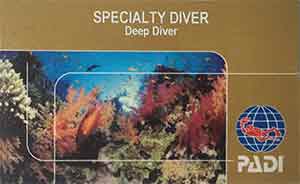
- Enriched Air (Nitrox) Diver
- Deep Diver (to 130ft (30m)
- Drift Diver
- Peak Performance Buoyancy
- Wreck diver
- Digital Underwater Photography
- Dry Suit diver
- Navigation Specialist
- Equipment Specialist
- Self Reliant Diver
- And many, many more.
A Padi Specialty course concentrates on a particular aspect of scuba diving.
There are many specialty courses available, some are worldwide courses while some are written by individual experienced instructors based around the opportunities in the areas they dive in.
Distinctive Specialties:
These are courses written by individual instructors, approved by Padi. These instructors use their special diving interests and skills to write courses that usually apply to their local area or particular student needs:
- Lionfish removal.
- Sea Turtle Studies.
- Whale Shark studies.
- Aquarium Diver.
- Advanced Wreck Diver.
- And many, many more
In my area I found that we were taking out many newly certified Open Water Divers who had trained only in lakes and quarries, we dive in the open ocean which can be quite daunting for the first time boat diver. I authored and had approved by Padi my ‘Ocean Safety Diver” course which offers students who have no, or very little ocean diving experience to enjoy 2 fun dives while focusing on the procedures for safely diving in the open ocean.
Specialty courses are lots of fun and a valuable learning experience. Some are 2 dives, some are 4 dives. Some are only available to advanced divers while many are also open to open water certified divers.
Padi Master Scuba Diver:
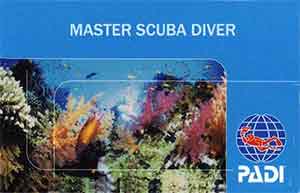
The Master Scuba Diver qualification is the pinnacle of Padi recreational qualifications. It recognizes that you acquired lots of experience in different diving environments and undergone extensive scuba diver training.
This is the “Black Belt” of scuba diving and to achieve it you will need the following Padi certifications:
- Open Water Diver
- Advanced Open Water Diver
- Rescue Diver
- 5 Padi Specialty (or Distinctive Specialty) course qualifications
A little history about scuba diving courses:
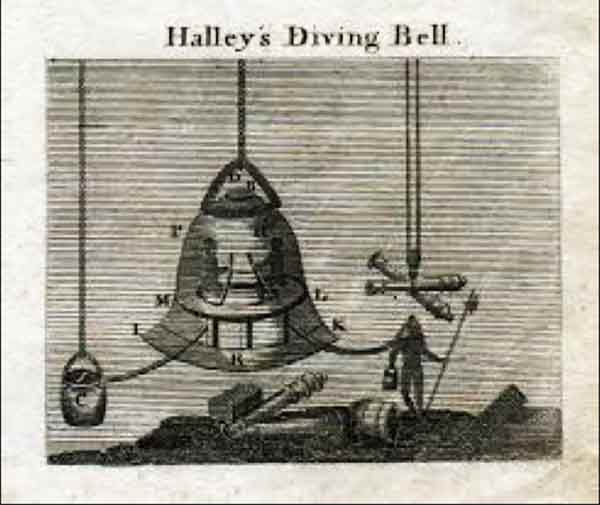
A long time ago, before BCD’s and before we even had pressure gauges you learned to dive with one of the few “certifying clubs” and there was not a rigid course structure as there is today.
You learned to dive, or you failed to dive, that was it, no depth limits, no gear rental and further learning was by spending lots of time in the water with divers that were more experienced than yourself.
When diving became more mainstream, the Open Water course was formalized and as an “entry level” course to cover the minimum skill set for a diver to be safe and comfortable in the water.
I look upon the Padi Open Water Course as a licence to get into the water and learn.
There are many divers who only dive on vacation a few times a year, the Padi Open Water Certification is probably all these divers need, all their dives will be led by a dive professional and they will very much enjoy their time underwater.
There are however many more Padi Certifications available to those divers that wish to extend their range, try different types of diving or simply improve their underwater comfort and safety.
Further reading:
- What is my correct weighting when I am Scuba Diving?
- 21 Top Rules for Dive Boat Etiquette
- Flying after diving, what you need to know
- Decompression Sickness, what you need to know about “The Bends”
Scuba has changed over the years, I don’t think you would see these advertisements today
